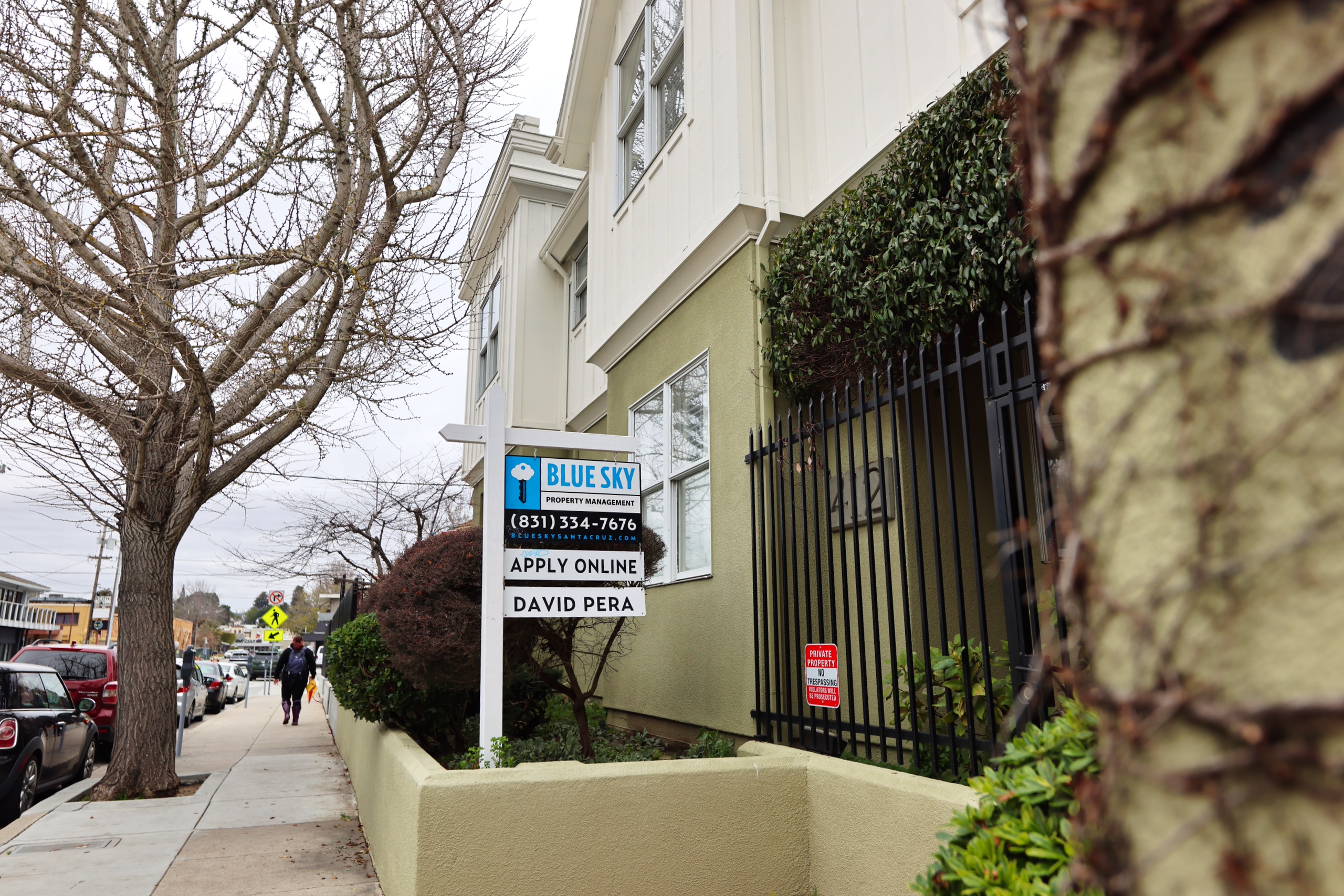O
ver the last decade, the commercial real estate (CRE) credit market has quietly shifted. Banks, once the main source of liquidity, have retreated because of tighter regulations and higher capital requirements, leaving a gap that private credit has filled. Today, private credit funds, nonbank lenders, and family offices are not just backing real estate projects—they are backing the lenders themselves. In a climate of rising rates and compressed spreads, many first‑lien funds now use lender‑finance tools such as credit lines and note‑on‑note structures to extend more loans, boost returns, and spread risk. This financing model has become a major engine of growth in CRE debt.
Lancewood Capital, a Greenwich, Connecticut family office, has become a leading player in this space. In the past year it has closed more than $300 million in lender‑finance deals and has supplied over $1 billion in senior CRE credit since its founding. Recent transactions include a $50 million line for a New York credit fund, a $45 million line for a Florida fund, a $40 million line for a California fund, and more than $100 million in one‑off note‑on‑note investments. The underlying first‑lien loans, ranging from $5 million to $75 million, are secured by multifamily, mixed‑use, light industrial, retail, and single‑family properties in major U.S. markets.
Lancewood provides senior note financing to more than 30 first‑lien lenders and note buyers, offering leverage on both performing and non‑performing portfolios. Historically a banking function, this activity is now increasingly handled by competitively priced alternative credit providers. Justin Godner, Lancewood’s co‑head of real‑estate credit, notes that the retreat of traditional banks and sponsors’ desire for flexible, reliable capital have opened significant opportunities for private credit. As first‑lien lenders seek financial leverage, firms like Lancewood supply the necessary capital. “Our long‑term, flexible financing helps lenders make their economics work,” Godner says. “With spreads tightening and benchmarks fluctuating, the demand for thoughtful leverage will only grow.”
Leverage is more than a tool for higher returns; it provides liquidity and diversification. In an environment of margin compression, lender‑finance platforms allow private lenders to stay competitive and meet borrowers’ need for speed and certainty. Family office capital adds another layer of stability. Operating without short‑term fundraising cycles and investing with a long‑term horizon, family offices supply steady liquidity throughout economic cycles. This has reshaped the credit hierarchy, positioning family offices as key participants in the CRE financial infrastructure.
Lancewood Capital’s model is built on a long‑term investment horizon and relationship‑driven execution. The firm delivers flexible, competitive financing solutions—senior financing, lender‑finance credit facilities, and note‑on‑note investments—to first‑lien lenders and property owners across the United States.















